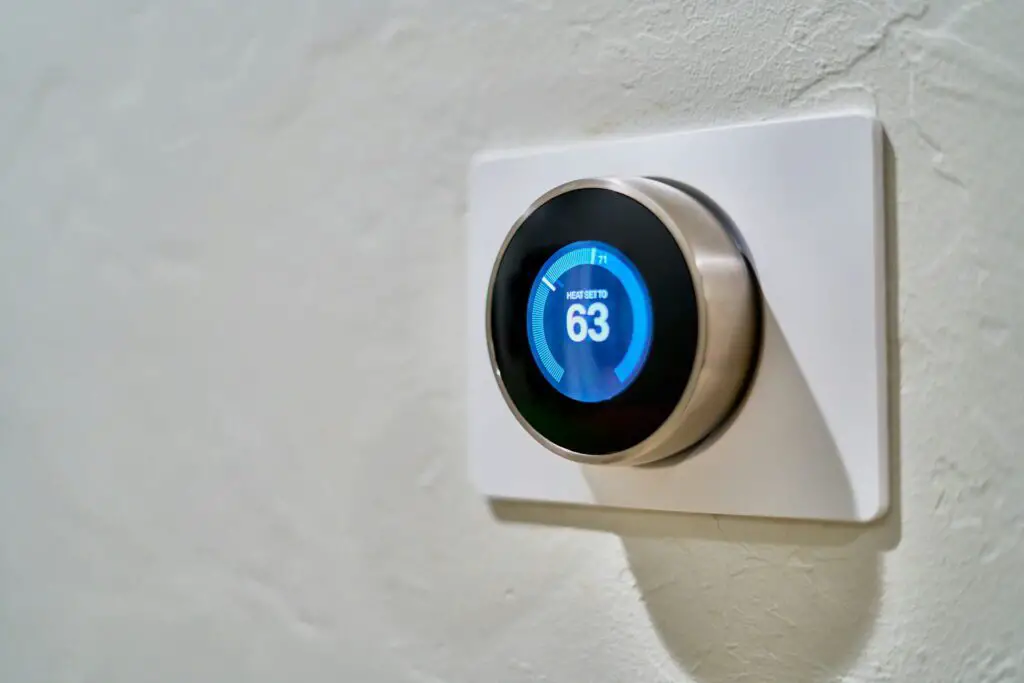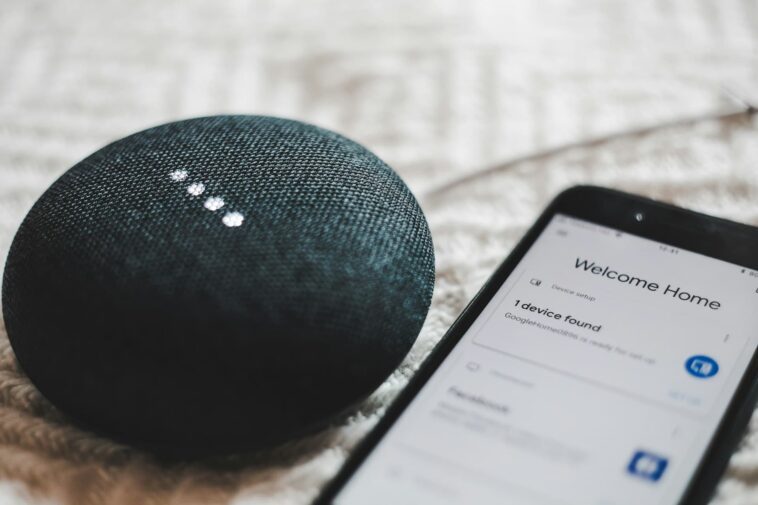Smart homes represent the frontier of residential living, where convenience, efficiency, and innovation converge. The integration of technology into residential architecture not only enhances the functionality of homes but also transforms the way we live, work, and interact within our personal spaces. This article explores the essential components, benefits, and considerations of incorporating smart technologies into homes, spotlighting the JuiceGO Power Station and the Center Console Refrigerator as integral elements of modern smart home ecosystems.
What Are Smart Homes?
At their core, smart homes employ advanced technologies and systems to provide homeowners with unparalleled levels of control, comfort, and security. These connected homes enable the automation and remote management of various home systems and appliances, from lighting and heating to security and entertainment.
The Evolution of Smart Homes
The concept of smart homes has evolved from basic automated systems to sophisticated networks of interconnected devices, thanks to advancements in IoT (Internet of Things) technologies. This evolution reflects a growing desire for more intelligent, adaptive living environments.
Key Components of a Smart Home
Smart homes rely on several key technologies to function efficiently. Among these, the JuiceGO Power Station stands out as a versatile energy management solution, providing reliable, renewable energy to power a home’s myriad devices. Similarly, the Center Console Refrigerator represents the pinnacle of convenience and efficiency in modern kitchen design, blending seamlessly into the smart home aesthetic.

Benefits of Smart Homes
The advantages of smart homes extend beyond mere convenience. Energy efficiency, enhanced security, and improved quality of life are among the many benefits these technologies offer. They allow homeowners to optimize their energy usage, ensure the safety of their property, and enjoy a level of comfort and convenience that was once unimaginable.
1. Enhanced Convenience
Smart homes are synonymous with convenience. Through the integration of Internet of Things (IoT) devices, homeowners can control various aspects of their home environment with just a few taps on a smartphone or voice commands. Whether it’s adjusting the thermostat, turning off the lights, or preheating the oven on your way home, smart homes streamline these processes, making home management effortless.
2. Improved Energy Efficiency
One of the most impactful benefits of smart homes is their ability to save energy. Smart thermostats learn your schedule and preferences, adjusting the temperature accordingly to optimize energy use. Similarly, smart lighting can be programmed to switch off when a room is unoccupied. Such features not only reduce the carbon footprint but also lead to substantial savings on utility bills.
3. Enhanced Security
Smart homes offer advanced security features that go beyond traditional alarm systems. From smart locks that provide keyless entry to surveillance cameras that can be monitored from anywhere in the world, these technologies offer peace of mind by making homes more secure and responsive to potential threats.
4. Remote Home Management
The ability to manage your home remotely is a significant advantage of smart home technology. Whether you’re at work or on vacation, you can check in on your property, adjust the climate, control lighting, and even see who’s at your front door. This level of control ensures that you can respond to any situation that arises in your home, no matter where you are.
5. Personalized Living Experience
Smart homes have the ability to learn from your behaviors and adjust the living environment to your preferences. Over time, systems can predict your needs, such as playing your favorite music during your morning routine or lowering the blinds as the sun sets. This personalized approach enhances comfort and enjoyment, making your home truly tailored to your lifestyle.
6. Health and Wellbeing
Smart home technologies also contribute to the health and wellbeing of their inhabitants. Air quality monitors can detect pollutants and adjust the air filtration system accordingly, while smart lighting can mimic natural light patterns to improve sleep quality. Furthermore, smart appliances can facilitate healthier cooking habits, and fitness equipment can integrate with other home systems to support your exercise routines.
7. Increased Property Value
The integration of smart technology can increase the market value of a home. As more buyers come to expect these features, homes equipped with smart technologies become more attractive on the real estate market. This can lead to quicker sales and potentially higher selling prices.
Conclusion
Smart homes represent the convergence of technology and residential architecture, offering unprecedented levels of convenience, efficiency, and security. As we look to the future, the integration of innovative technologies like the JuiceGO Power Station and the Center Console Refrigerator will continue to redefine the concept of home.




